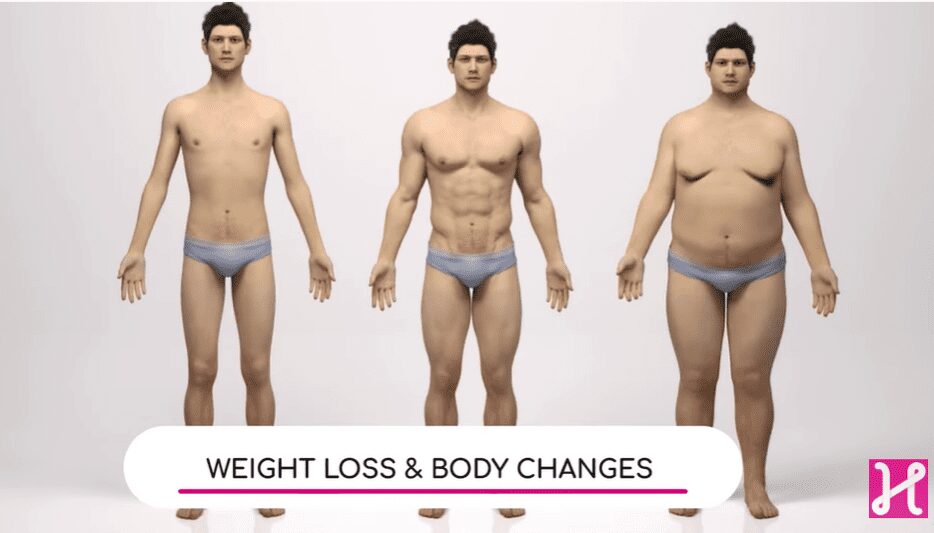Weight Loss and Body Changes |

In an interview with the Health Channel, Dr. Ricardo Castrellon, Director of South Miami Hospital’s Burn Center, explains how the body changes with weight gain.
According to Castrellon, for example, one of the effects of gaining weight is the emergence of large fat deposits in the abdominal area and in the breast area. Even males will start developing female-like breasts. Fat is going to deposit in the extremities, including the arms which will become large with stretched skin. The skin in the legs and the inner thighs is attached to the bones in the pelvis, which is why our skin doesn’t fall off; it is nicely and tightly adhered.
When you gain weight, all of these adherences that keep the skin on your legs in nice shape will lose their pull. One of the things that happens is the buttocks and the gluteus will start sagging and falling down. So, as you gain weight all of that skin is going to be stretching. The well-defined boundaries that you have get lost when you gain weight, even in the face. You start losing your neck profile. You begin losing the definition of your neck and it starts looking like it is altogether a single structure. You end up having a larger, rounder face.
When you start losing weight, the places that begin to sag the most are the abdomen because we usually have excess skin in this area and this excess skin will sag. It can pass below your waistline even below your genitals. Your breasts will sag, and you can end up having very large, pendulous breasts. The skin around the arms sags as well and you almost end up having what looks like bat wings. The skin on the inside of the thighs, even though you lose the weight, ends up getting rubbed against your other thigh in the inner thighs.
Watch the full segment of Dr. Ricardo Castrellon explaining this process, here: https://youtu.be/4lDLNRyGw98








